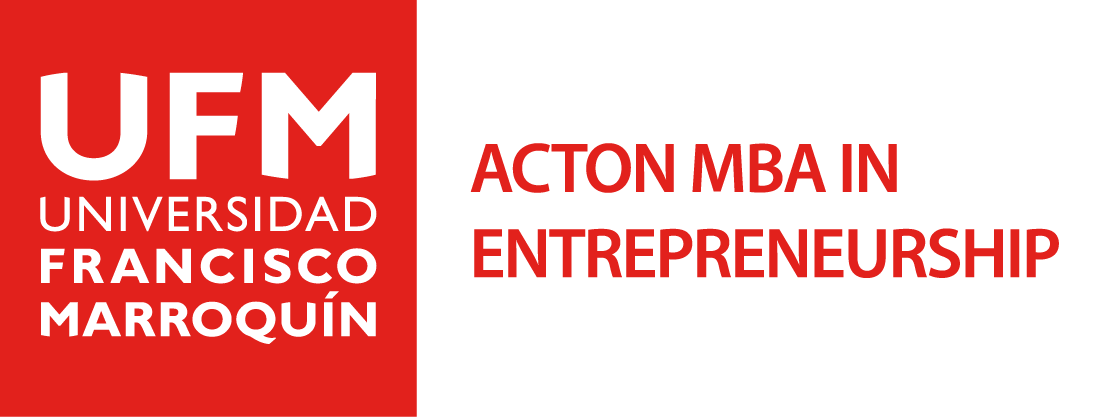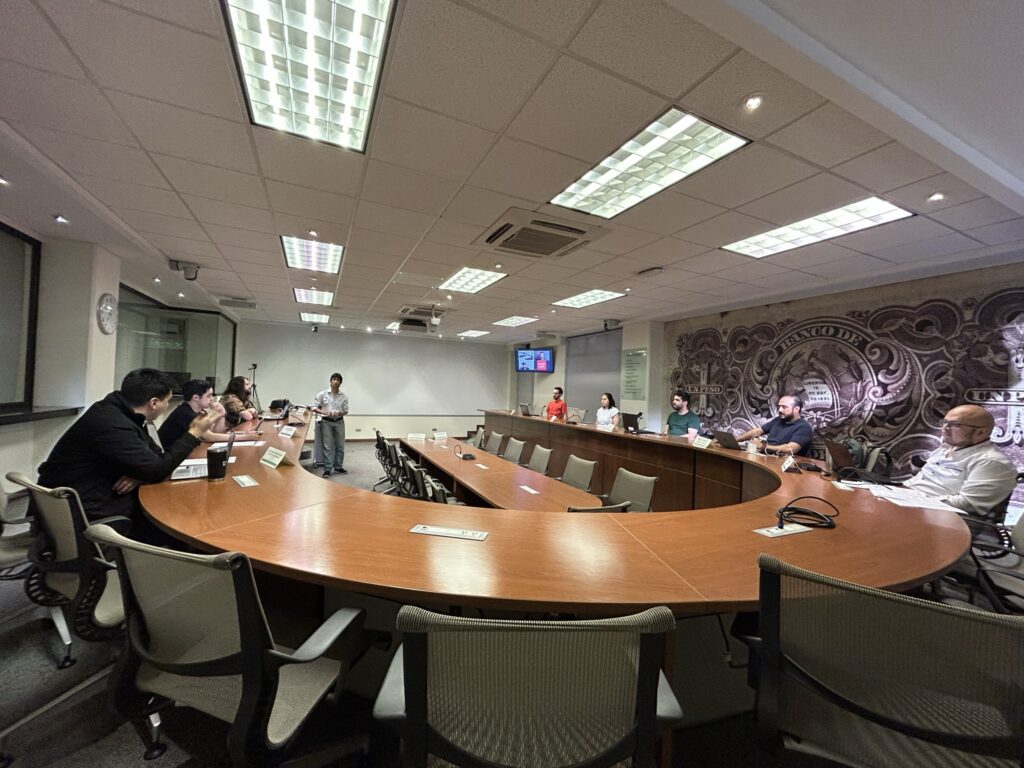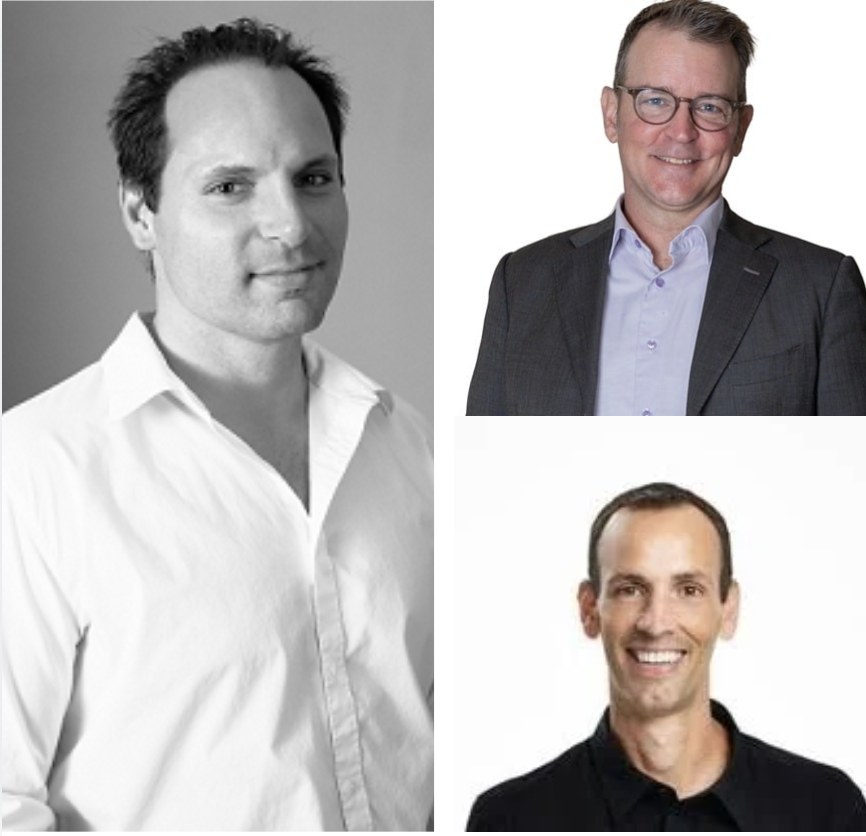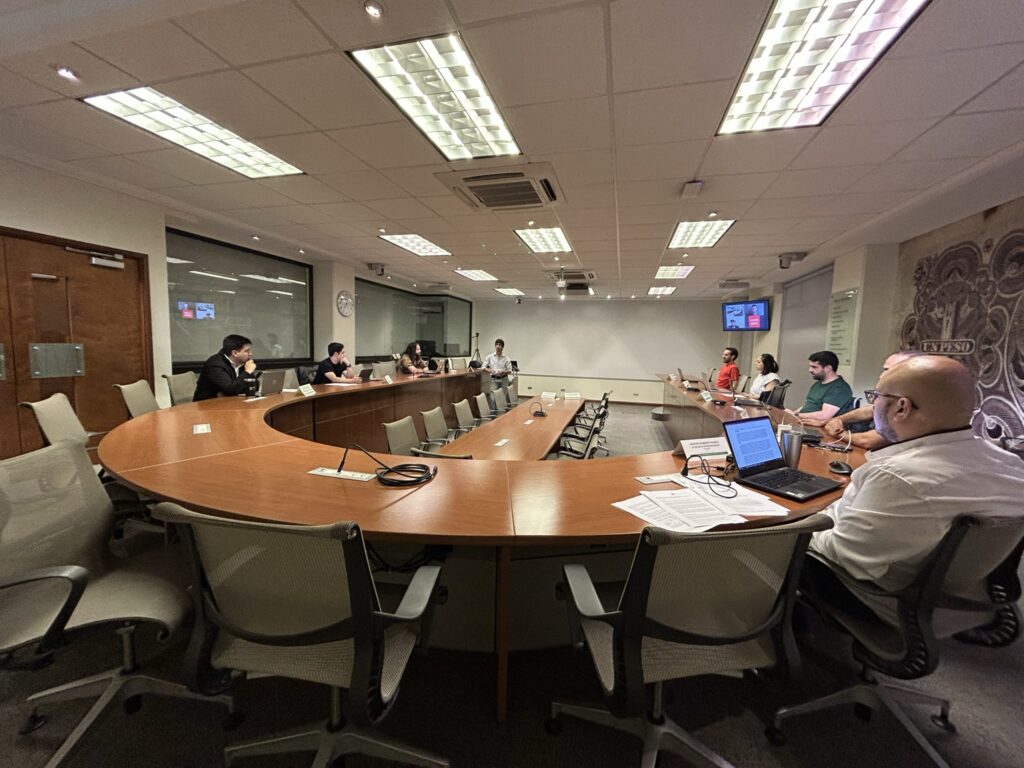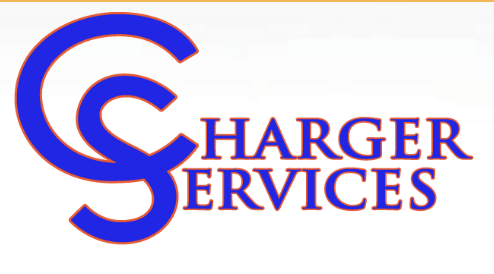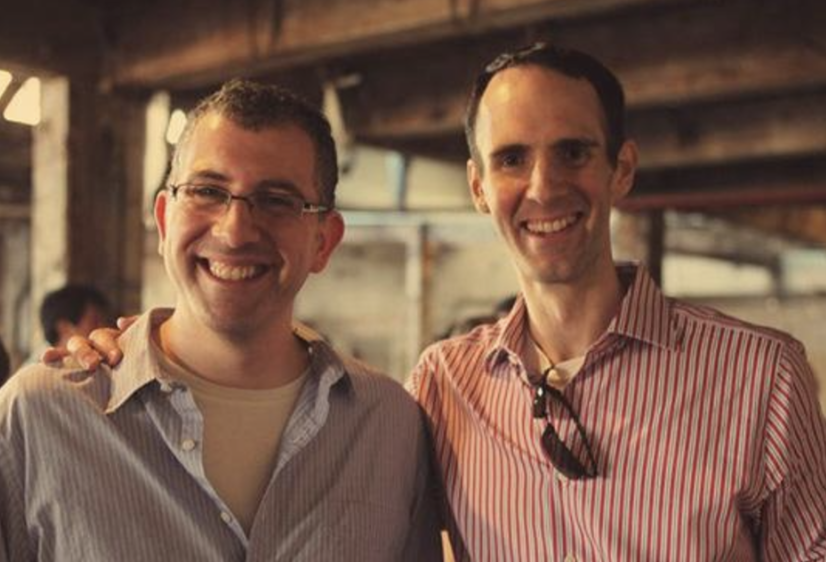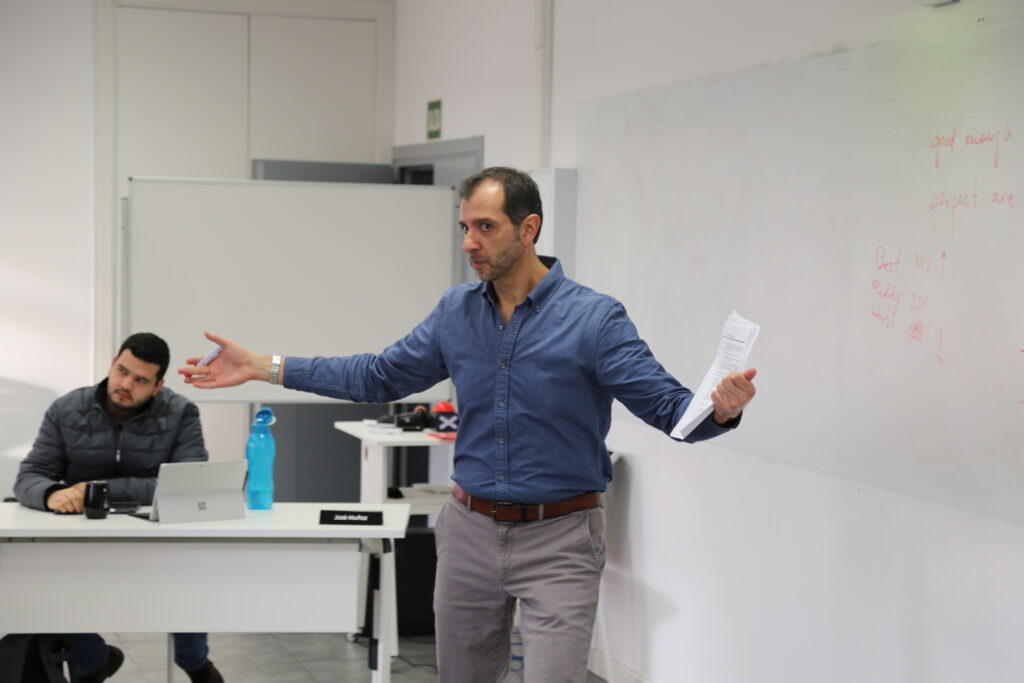Alumni Voices: from Engineering to Acton
SEPTEMBER 30, 2014
“I decided to get an MBA specifically to learn how to be an entrepreneur and run my own business.”
Over the last decade, Acton has proven to hold a strong appeal to engineers who are looking to expand their business skills, understand markets, and launch their own enterprises.
They come from many different engineering disciplines, from technology to construction management, and typically bring a valuable discipline and problem-solving ability to the classroom. They also often tell us that our Customers, Life of Meaning, and People classes present their biggest “aha!” moments, as they begin to assess some of the most unpredictable aspects of entrepreneurship and business.
Recently, we connected with three Acton alums with engineering backgrounds, representing several different engineering disciplines ranging from Environmental to Mechanical Engineering. Each of them shared some of their own experiences about coming to Acton as an engineer, some of their unique advantages and challenges, and what they’d recommend to other engineers considering or beginning an Acton MBA.
The Alumni
Before enrolling at Acton, Piyush Raj Mehta (’07) served for two decades in several business and managerial roles with large international companies. He began his career in Materials Engineering, before advancing on to Environmental and ultimately Information Management Technologies. Before attending Acton, Piyush already held a master’s in Environmental Science and Engineering from the University of Southern California, and a bachelor in Materials Science and Engineering from the Indian Institute of Technology. He is currently launching IsThisLost.com, which helps consumers tag and recover important items, using a unique blend of technology and 24-hour customer service access to enhance security and personal privacy.
Tony Koenigsknecht (’09) is vice president of Operations and the cofounder of Freeosk Marketing in Chicago. Freeosk helps major packaged good companies drive product trial and awareness through a network of automated in-store kiosks, which distribute samples and gather buyer data. Before attending Acton, Tony designed products for Whirlpool Corporation for five years. He also holds a master’s in Manufacturing Engineering from the University of Michigan and a bachelor’s in Mechanical Engineering from Michigan State University.
Nick Dyer (’11) is the vice president of Investments for a company in Austin that invests in multifamily assets throughout the state of Texas, with an emphasis on investment in properties with high potential of added value through improved property operations and capital improvement projects. Before attending Acton, Nick worked as a project engineer for The Beck Group, a large commercial contractor in Dallas. He graduated from Texas A&M University with a Civil Engineering degree focused on construction management.
On pursuing an MBA and enrolling in Acton …
Nick
I decided to get an MBA specifically to learn how to be an entrepreneur and run my own business. I was in the midst of researching to find a reputable MBA program with a strong entrepreneurial option when I stumbled upon Acton. My first impression from Acton’s website was that it was the perfect program for what I was looking for. It seemed like a practical and pragmatic program that equipped you with the tools to run your own business right after graduating. My further research of the program, including speaking with Acton staff and alumni and visiting a class, supported my initial impression. I was sold. Acton was the only program I applied to.
Piyush
I met Jeff Sandefer at a get-together, at a time I was trying to get a software start-up off the ground while working at a pension fund. He asked a few astute questions that just floored me. He also told me what they believed at Acton and it sounded just the kind of thing I had been silently looking for. My rationalization went like this: I knew that start-ups were hard. If I didn’t succeed at my start-up, I wouldn’t know if it was because of some unknown factors (luck?) or because I was missing some key skills and knowledge. Hence, I jumped into Acton. I could always do a start-up later. Best of all, at Acton, the class was taught by practicing entrepreneurs and had great reviews from previous years’ graduates.
Tony
I studied engineering because I have always been driven to build things to have an idea, make a plan, and then roll up my sleeves and build it. It was my father’s influence as a small business owner that created my desire to grow beyond building products to building a business.
I spent five years with Whirlpool Corporation designing home appliances before I resigned to start my first business. A friend and I from engineering undergrad had an idea, we made a viable plan (or what we believed to be) and then one day I walked into the office and told my boss I was leaving, to roll up my sleeves and build a business. He thought I was crazy; I probably was. Out on my own, burning through my savings, it didn’t take long for me to realize that I knew a lot more about building products than I knew about selling them, our creating a business strategy.
I wanted desperately to learn the skills I needed to build a business, and because I’d taken several MBA courses at the University of Michigan during my engineering master’s, I was very lukewarm about the idea of seeking out a traditional business program.
An advisor suggested Acton, “a business program taught by businessmen, focused on training entrepreneurs.” I reached out and spoke with two former students about their experience. The next week I traveled to Austin to visit a class.
What I saw at Acton was very different from what I experienced at UofM. In place of networking events and buzzwords was a curriculum and group of students focused on the skills required to create a business. After that visit to Austin the decision to choose Acton was an easy one.
On the advantages their engineering experience brought at Acton …
Nick
Certainly, one advantage I had going into Acton was comfort with mathematics and numbers. Although financial statements can look daunting at first, none of the math in business (in my experience) compares to the complexity of the calculations you do in a structural engineering or thermodynamics class. I knew that if I could understand complex engineering mathematics, I could handle financial statements. Another thing that I gained from engineering was the ability to approach a problem systematically. Applying a set of formulas and principles to an engineering problem felt very similar to applying the Acton frameworks to business problems.
Tony
One advantage that I had coming into Acton as an engineer was that I was accustomed to a heavy course workload though not to the extent that I was challenged by Acton. The ability to be both organized and able to focus on a single topic/subject for an extended period of time were both skills required at Acton. I came in with both, in part because of my undergraduate degree.
I also started Acton with strong Excel skills. Because I already knew the tool, it allowed me to focus on learning how to build financial models, the concepts behind them, and the stories they tell.
Piyush
I found that many of the cases we discussed were about technical companies with a strong engineering focus, from Sun Microsystems to Honda to a small company that used nanotech to create flowers that gave off a sweet smell when switched on. I was able to visualize exactly what technical problems the entrepreneurs were experiencing.
On their challenges at Acton …
Tony
There was also a disadvantage to my deep knowledge of Excel. As an engineer, I had the temptation to make the model “perfect” and elaborate. I spent many futile hours in the first semester attempting this, most often at the expense of being able to see the bigger picture or understanding the business behind the numbers.
Piyush
My biggest challenges related to the fact that my peers were extremely good and the workload extremely challenging. My previous master’s level education from a highly acclaimed school, combined with two decades of experience, didn’t give me a strong enough advantage, nor did it make my workload any lighter.
Nick
One challenge that having an engineering background posed was that I was used to there always being a right and wrong answer. This is not typically the case in business, so there was an adjustment period for me in that regard. Making it through Acton and being a successful entrepreneur requires a high tolerance for ambiguity, so that is something that you must learn if you come from an engineering background focused on certainty.
How their time at Acton has shaped them and their careers …
Tony
I have spent the last three years working with a small start-up team to launch the Freeosk business.
I wear many hats, all of which I’d be unsuited to wear if not for the valuable skills taught at Acton. On any given day I am leading the development of operation processes and measurement dashboards, creating pricing models and the value propositions for all of our customers (consumer packaged goods manufacturers, retailers, and shoppers), managing a team and setting priorities, negotiating contracts, building our financial model, and creating our investment strategy.
However, above any tool or concept I learned during that one intense year at Acton, was the ability to digest numbers, conversations, and a wide variety of other inputs, and distill it down to the most important things to move my business forward. Most often I translate what I learn or what I believe the other person is communicating down to a simple hand sketch or diagram on a whiteboard.
My abilities today to be an effective communicator and to move quickly to the most important item is a world away from the engineer that entered Acton thinking he could create a successful business by focusing only on building a great product and a sophisticated Excel model.
Piyush
Acton has given me the skills, perspective, and courage to pursue the career of a bootstrapping entrepreneur. I wouldn’t say that my years post-graduation have been easy. In fact, they have been so much harder, as I have refused to give up on my pursuits when things didn’t go my way. But I have felt that the lessons I learned at Acton help me make decisions almost every day. At times, I have wondered if I am arrogant and refuse to see reality. But Acton also taught how to have a discussion with your team and listen intently. That keeps me in check.
Nick
The most significant thing Acton did for me was provide me the tools to be a successful entrepreneur, giving me the confidence to be able to make it as one. With what I learned at Acton, I know that I can learn almost any kind of business and apply my skills and knowledge to add value to it. Before Acton, starting a business seemed incredibly daunting. Today, it seems exciting and completely achievable now that I have the right understanding of how the industry works and the right resources. In short, it has changed my attitude about entrepreneurship from apprehension to excitement.
Advice for new and prospective students with an engineering background …
Tony
Today I spend 90 percent of my time building operational processes and managing relationships with vendors to establish an infrastructure that supports the rollout of a nationwide network of in-store kiosks that will deliver free samples to 1MM+ consumers each week. I spend only 10 percent of my time engineering, and primarily in building/managing an engineering team and translating the needs of the business to design specifications.
I am successful at leading an engineering organization because of my five plus years of industry experience, across a wide array of technical functions (R&D, product development, manufacturing). My suggestion to a potential Acton grad would be to get as diverse a set of experiences as you can as an engineer so that you have a broad set of technical skills to tap into as you enter Acton and later as you engineer your first start-up.
Piyush
Don’t think an Acton education will be any easier because of your background. Brace yourself and give it everything you have got, and then some. Develop skills that you don’t have, e.g. in my case, people skills, sales and decision-making abilities. There is a very fine line between resisting the flood of advice you will get and becoming totally insular from your feedback system. Keep an eye on that line. Don’t stop working as hard as you did at Acton, since it will bring you back to your old normal. Believe in yourself and don’t judge yourself short based on a few months of trial after graduation.
Nick
My biggest piece of advice is: don’t let the fact that you don’t have a business background deter you from pursuing an Acton MBA. The fact that you have made it through an engineering program means you already have a mind capable of handling business. In fact, your potential lack of business experience could be a benefit, as you won’t have to “unlearn” many bad habits and improper lessons as your classmates who spent time in the business world before Acton.
